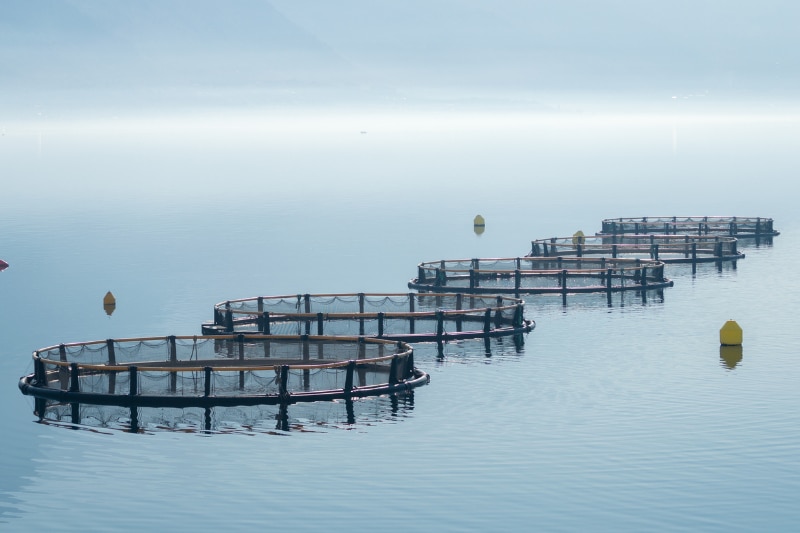Sarawak has solidified its position as a key contributor to Malaysia’s aquaculture industry, aligning its growth with the National Agro-Food Policy, which aims to increase national aquaculture output to 950,000 metric tons by 2030. The Department of Fisheries Malaysia has highlighted Sarawak’s crucial role in the agri-food sector, citing its importance in strengthening food security and supporting economic resilience through localized fish farming initiatives.
In 2024, Sarawak contributed 11,000 metric tons to the country’s total production of 510,000 metric tons, placing it among the top aquaculture-producing states. To achieve the country’s long-term production goals, the Department of Fisheries is emphasizing the need for coordinated efforts, sustained infrastructure development, and expanded training and community outreach. National programs like the ‘Rasa-Rasa Akuakultur’ and the MyAgropreneur Fisheries and MyFisheries Community Carnival are designed to promote awareness, encourage public participation, and provide local aquaculture entrepreneurs with platforms to showcase their products, many of which show strong potential for international markets.
Beyond inland aquaculture, the Department is also ramping up conservation efforts with plans to develop artificial reef complexes in key East Coast states, including Kelantan, Pahang, and Terengganu. These initiatives aim to combat overfishing and protect marine biodiversity while boosting fish stocks for long-term sustainability. Although the current focus is on the Peninsula, Sarawak is expected to play a role in future phases. Since 1984, more than 200,000 artificial reef units have already been deployed in Sarawak’s waters. In 2024, the federal government committed MYR 6.66 million (USD 1.4 million) to support aquaculture farmers in the state, alongside nearly MYR 1 million (USD 201,000) allocated for community-based fisheries development programs.
(Sources: Sarawak Tribune; The Star)

